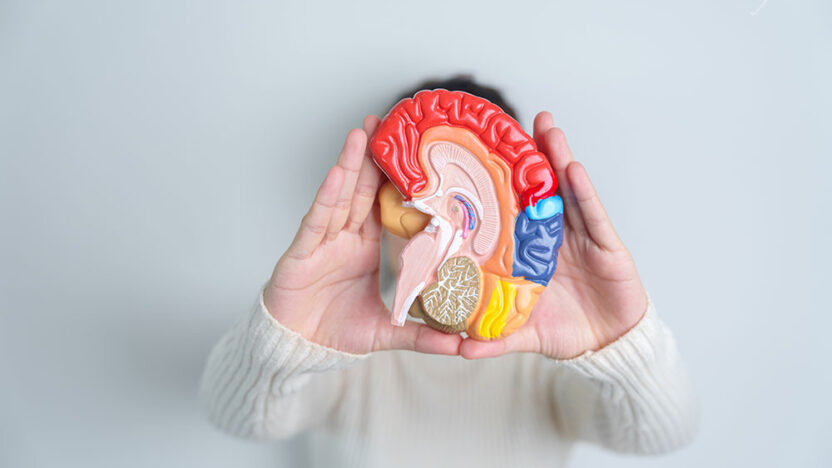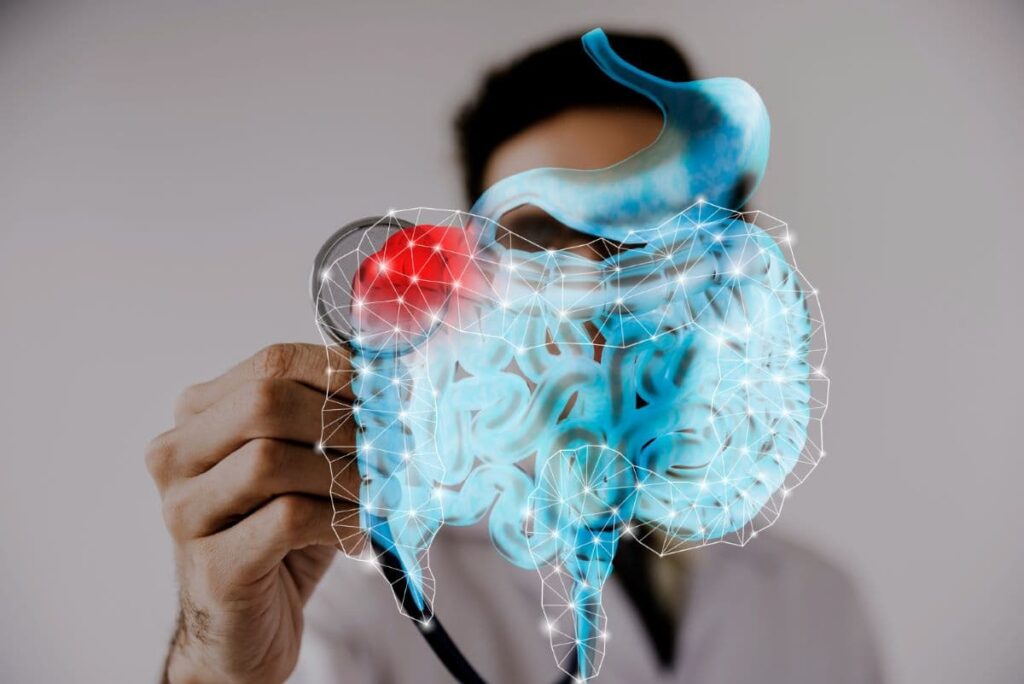
In today’s fast-paced and often stressful world, many individuals are turning to innovative strategies to improve their mental health. Recent research suggests that our gut might hold the key to better well-being. The gut-brain axis has become a cornerstone in understanding the intricate interplay between digestive health and psychological balance. In this comprehensive article, we delve into groundbreaking scientific evidence showing how the gut ecosystem influences mood, cognitive performance, and behavior. Whether you’re managing mental challenges or seeking preventative insights, you will find practical and transformative knowledge to reconnect your physical and mental health.
Understanding the Gut-Brain Axis
Over the past decade, the concept of the gut-brain axis has transformed our understanding of the interactions between mental processes and digestive functions. This bidirectional communication network relies on complex signaling pathways that involve the nervous system, hormones, and immune responses. Research consistently shows that changes in the gut microbiome can affect brain chemistry, leading to noticeable shifts in mood, cognitive abilities, and overall mental health.
Importantly, the gut-brain axis is a dynamic dialogue rather than a one-way street. Neurotransmitters like serotonin, largely produced in the gut, are vital for regulating mood and mitigating stress. These insights have spurred interest in dietary changes and probiotic supplements as potential ways to manage conditions such as depression and anxiety.
The realization that gut health directly influences emotions and behavior encourages a holistic view of health. Addressing digestive and nutritional issues may offer an effective route to reducing psychological distress. As this fascinating area of research continues to evolve, it promises to reshape how mental health professionals approach treatment.
Recent Scientific Discoveries and Their Implications
Recent studies provide compelling evidence that the state of our gut flora is closely linked to mental health. Research published in respected journals shows that individuals suffering from depression often have distinct microbial imbalances compared to healthy individuals. These findings suggest a direct correlation between microbial diversity and mental health outcomes.
Moreover, advances in scientific techniques now allow real-time observation of the gut-brain axis. Controlled clinical trials have demonstrated that targeted probiotic treatments can reduce anxiety symptoms, while dietary interventions that enhance gut health lead to mood improvements. These discoveries are challenging traditional views that separated mental from physical health in treatment plans.
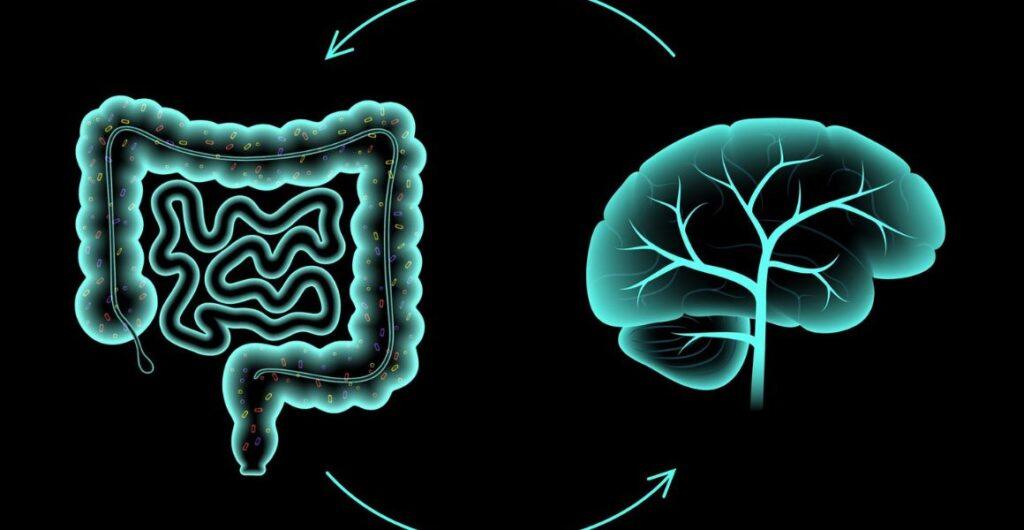
Scientists now see the gut microbiome as a key regulator of inflammation, a crucial factor in many psychiatric disorders. Elevated inflammatory markers in chronic depression have been observed to decrease following specific dietary changes that support gut health. This insight not only highlights the gut’s role in managing mental states but also opens new therapeutic avenues that may reduce the over-reliance on pharmaceuticals.
Case Studies and Clinical Trials
Several clinical trials have underscored the benefits of modifying the gut microbiome. One study followed patients with major depressive disorder who received a specific probiotic supplement every day. The promising results showed that within weeks, participants experienced an uplift in mood and better anxiety management.
Another case study focused on patients with irritable bowel syndrome (IBS) and concurrent anxiety. These patients, after receiving targeted dietary and probiotic treatments, showed improvements in both gut health and mental clarity, highlighting a strong correlation between digestive balance and emotional well-being.
The Role of Neurotransmitters
A critical aspect of the gut-brain connection is that a significant portion of neurotransmitter production occurs in the gut. More than 90% of the body’s serotonin, which influences mood, sleep, and appetite, is produced within the gastrointestinal tract. This underscores the gut’s central role in mental health.
Research has shown that enhancing gut flora can improve neurotransmitter levels, subsequently stabilizing mood and reducing depressive symptoms. This growing understanding of neurotransmitter synthesis is driving the development of innovative treatment approaches that blend dietary changes with psychological therapies.
Diet, Microbiome, and Mental Health: What the Research Shows
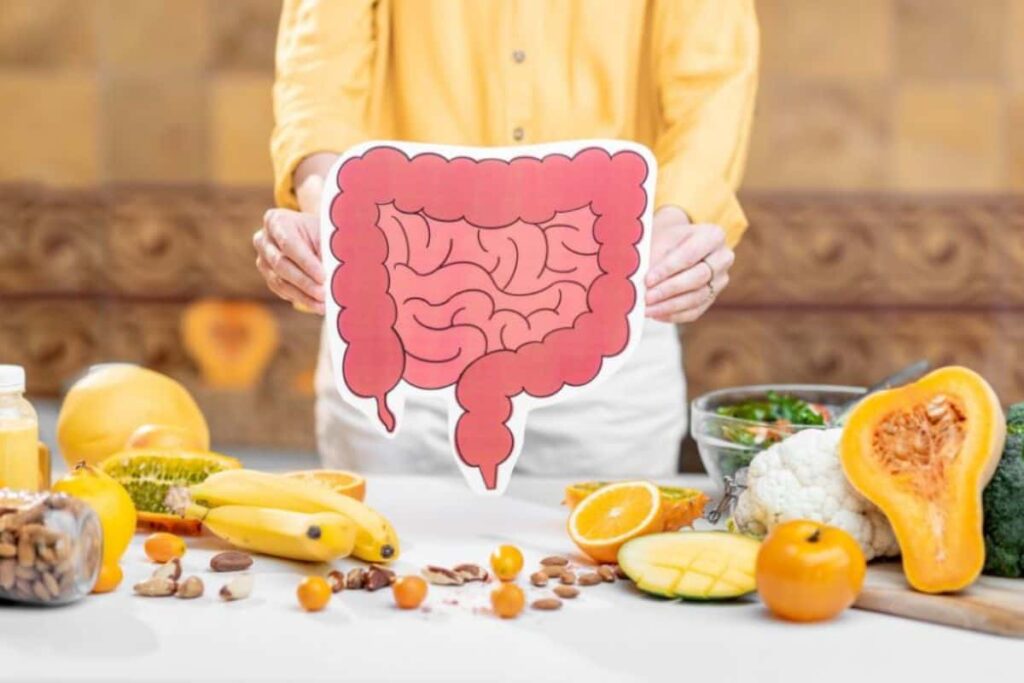
Diet plays a crucial role in shaping the gut microbiome, which in turn affects mental health. Modern nutritional studies have revealed that diets rich in fiber, fermented foods, and omega-3 fatty acids promote a diverse and healthy microbial ecosystem. Conversely, diets high in sugar and saturated fats can trigger inflammatory responses that impair cognitive function.
A growing body of evidence suggests that even simple dietary changes can have a significant impact on mental health. Choosing nutrient-dense foods not only supports digestive health but also fosters better mood regulation and lowers anxiety levels. This evidence invites a fresh perspective on nutrition’s role in mental healthcare.
Emerging research continues to show that specific prebiotics and probiotics can positively modify the gut environment. Supplements containing strains like Lactobacillus and Bifidobacterium have been linked to reduced stress symptoms. As these findings become more widely accepted, the traditional gap between diet and psychology is rapidly closing.
Practical Strategies for Nurturing Your Gut and Enhancing Mental Well-being
Adopting a holistic approach to mental health starts with lifestyle changes that nurture a healthy gut. In addition to dietary adjustments, regular physical activity and stress management techniques, such as mindfulness and meditation, play a vital role in maintaining both gut and brain health. These changes support your digestive system while also strengthening emotional resilience.
In practice, it’s best to introduce these habits gradually into your daily routine. For example, begin your day with a balanced breakfast that includes fermented foods or take a few minutes during a busy workday for a mindfulness session. Even small, consistent improvements can lead to significant long-term benefits.

Regular physical exercise not only boosts gut health but also lowers stress hormones. This multifaceted approach is especially beneficial for those aiming to achieve mental balance and address underlying gut issues. Taking care of your gut isn’t just about preventing illness—it’s a proactive strategy for overall well-being.
Daily Habits to Boost Gut Health
Simple daily practices, like staying well-hydrated and choosing whole, unprocessed foods, can have a profound impact on your gut flora. Research shows that these small changes encourage the growth of beneficial bacteria, which are essential for neurotransmitter production and cognitive functions.
Incorporating mindfulness and stress-reduction techniques can also lower cortisol levels, fostering an environment that supports both mental and gut health. Establishing a consistent sleep schedule further helps the body restore its natural balance.
Integrating Professional Guidance
Consulting healthcare professionals, such as nutritionists and mental health experts, can help tailor personalized strategies to optimize your gut-brain connection. Their comprehensive assessments can offer valuable insights for both digestive and psychological health.
By combining dietary recommendations with therapeutic practices, professionals can develop holistic treatment plans that address the underlying causes of mental health issues while promoting lasting wellness.
Future Directions and Emerging Trends in Psychology
The ongoing exploration of the gut-brain connection is poised to transform the treatment of mental health disorders. Emerging trends indicate that future therapies may include personalized nutritional plans and microbiome-targeted treatments, tailored to each individual’s unique biological and psychological profile.
Innovative technologies and advanced data analytics are being used to monitor the gut microbiome in real time. This precision approach enables the early detection of subtle changes in gut flora, paving the way for more timely and effective interventions against depression and anxiety.
As scientists continue to unlock the secrets of the gut-brain axis, new therapies are emerging that combine diet, lifestyle, and traditional treatments. These advancements not only promise better quality of life but also aim to reduce the societal burden of mental health issues. The fusion of cutting-edge research with established therapeutic practices offers a comprehensive path forward in mental health care.
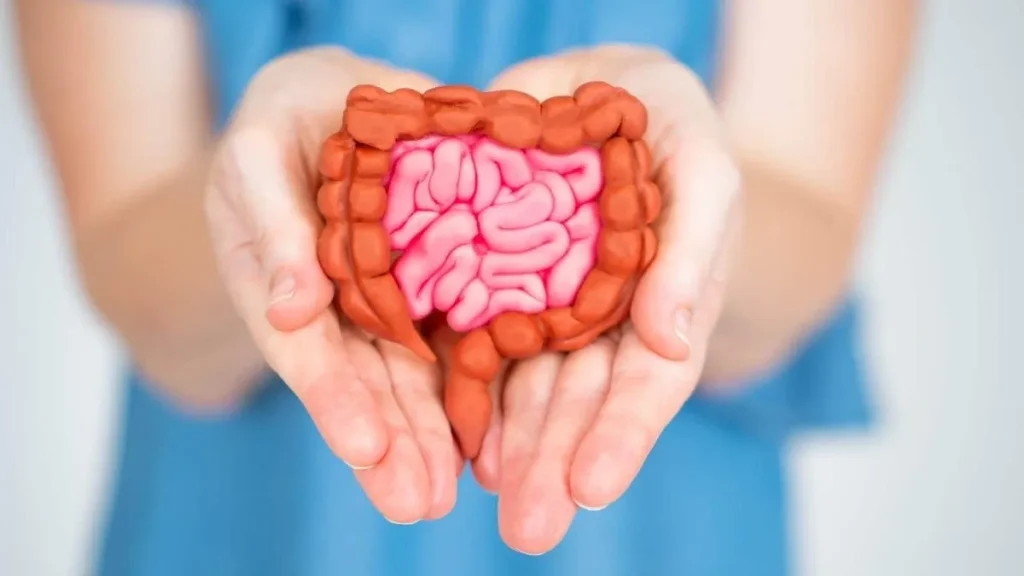
Advancements in Microbiome Analysis
Thanks to improvements in DNA sequencing technology, researchers now analyze the gut microbiome with exceptional accuracy. This breakthrough allows for the identification of bacterial strains that have a direct impact on mental health.
Future diagnostic tools may enable clinicians to customize treatments based on an individual’s unique microbiome profile, ushering in an era of personalized mental health therapies.
The Integration of Technology and Therapy
The advent of wearable devices and mobile apps that track dietary habits, sleep patterns, and stress indicators is creating a new frontier in mental health management. Such tools provide real-time data that empower patients and clinicians to make better-informed decisions.
By integrating technology with mental health strategies, adherence to treatment plans improves and lifestyle modifications are more consistently maintained over time.
Content Additional
Beyond the main strategies discussed, it is essential to recognize the significant role that social support and community play in fostering a healthy gut-brain connection. Research confirms that individuals part of supportive networks tend to experience lower stress, improved immune responses, and a more robust microbiome. Social interactions also trigger the release of oxytocin, a hormone that strengthens emotional bonds and enhances physiological resilience.
An exciting emerging area is the use of psychobiotics—specific strains of bacteria shown to have beneficial effects on mental health. These are being explored for their ability to modulate neurotransmitter levels and reduce systemic inflammation, offering an appealing non-pharmacological approach to managing mental disorders.
Moreover, the holistic approach to mental health is evolving as more professionals integrate mind-body techniques into clinical practice. Practices such as yoga, tai chi, and art therapy are gaining traction due to their positive impacts on stress reduction and gut health. These integrative therapies help balance the autonomic nervous system, reducing the physical effects of stress and complementing dietary and probiotic interventions.
Finally, collaborations between communities and healthcare providers are developing educational programs that bring these scientific insights to a wider audience. Workshops, webinars, and counseling sessions are increasingly focused on the benefits of balanced nutrition, regular physical activity, and mindful living, ensuring that the knowledge surrounding the gut-brain axis is accessible and actionable for everyone.
Exploring the gut-brain connection has paved the way for personalized and more effective mental health treatments. As science continues to decode this complex interaction, it becomes increasingly clear that nurturing gut health may be key to enhancing mental resilience and improving overall quality of life. By integrating nutritional plans, stress management, and innovative therapeutic practices, both individuals and clinicians can harness the benefits of the gut-brain axis. This shift—from merely treating symptoms to fostering overall wellness—highlights the future of mental health care as a balanced blend of prevention and cure.

